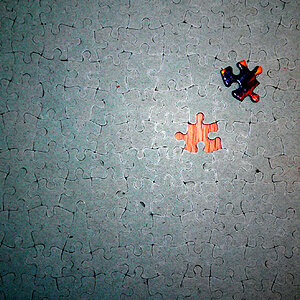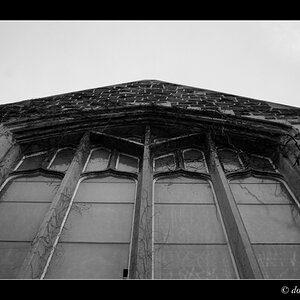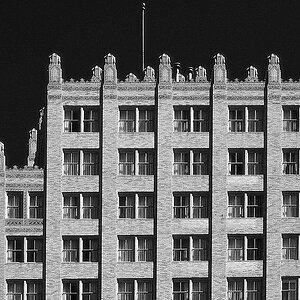I read a few thread on what kind of camera body a beginner should buy and the general consensus is to not buy anything to fancy until one is confident he/she is going to stick with the hobby/profession. Does that apply to Lenses as well?
I understand that digital camera get outdated very quickly and buying an expensive camera now could be a wast of one for a beginner but do lenses devalue as much or as fast?
What I would like to do is buy very good lenses that I could use on a beginner body and when the time comes and I upgrade to a professional camera I can still use the same lenses rather than have to buy new lenses as well.
Thanks in advance.
I understand that digital camera get outdated very quickly and buying an expensive camera now could be a wast of one for a beginner but do lenses devalue as much or as fast?
What I would like to do is buy very good lenses that I could use on a beginner body and when the time comes and I upgrade to a professional camera I can still use the same lenses rather than have to buy new lenses as well.
Thanks in advance.







![[No title]](/data/xfmg/thumbnail/32/32004-4455324f0b4b5cc318dd35877147ac47.jpg?1619735148)





